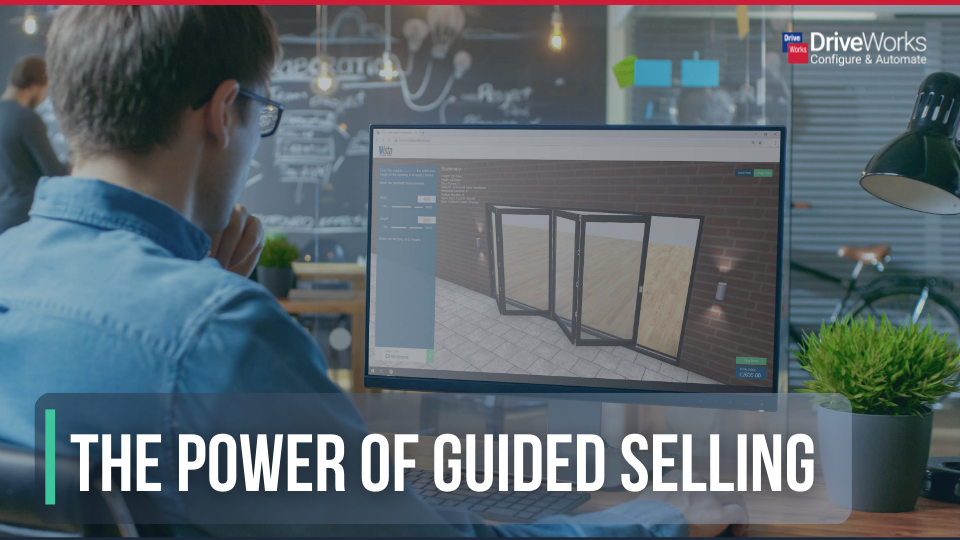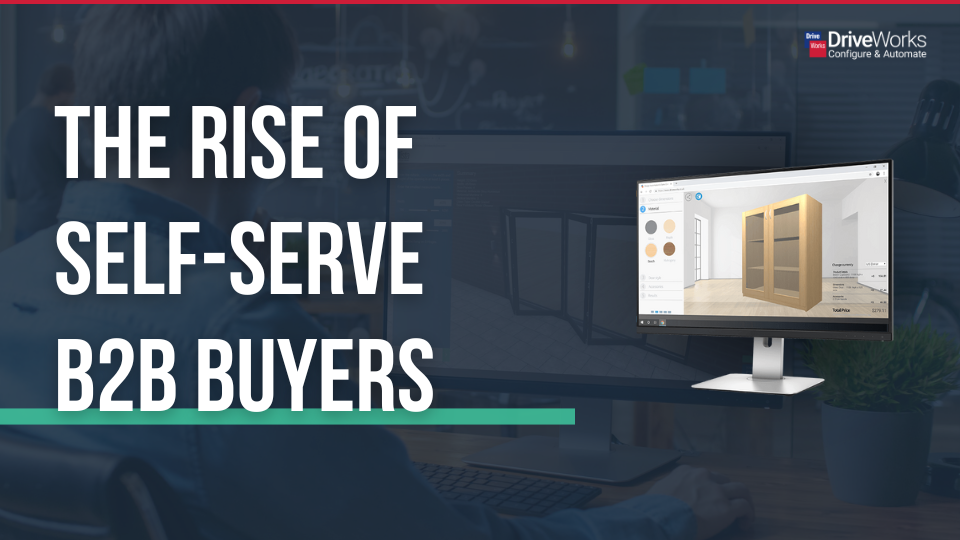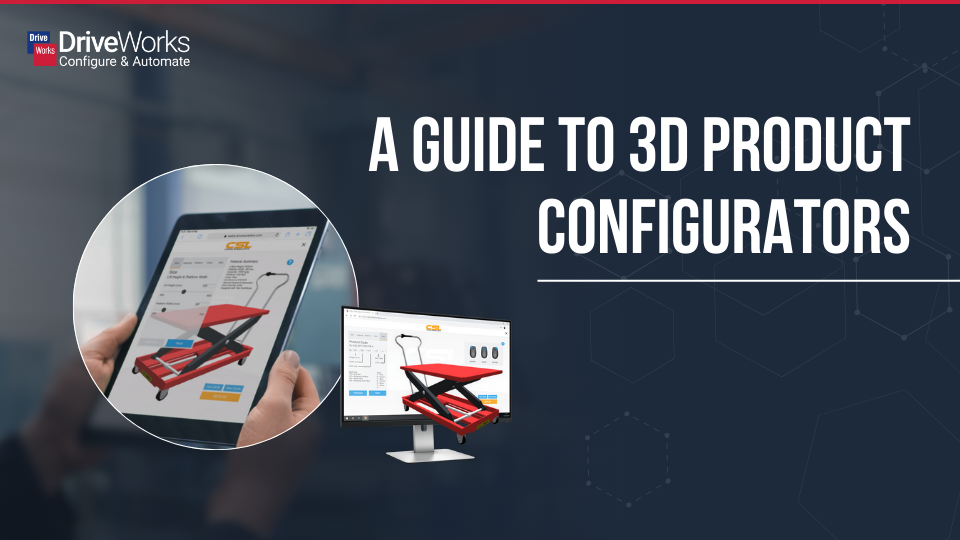The expectations and buying behavior of B2B customers are changing, partly influenced by the seamless, personalized customer experiences delivered in their B2C interactions. Meeting those same expectations in a B2B environment requires a good understanding of B2B customer loyalty, the ability to meet complex customer needs, a simplified purchasing process and a responsive and proactive approach.
Manufacturers of custom products face unique challenges: intricate designs, variable pricing, and tailored solutions. Whether you’re selling complex machinery, bespoke components, or custom-designed goods, the expectations of your B2B customers are increasingly influenced by the convenience, speed, and personalization they experience in the B2C world.
According to data from McKinsey, B2B companies that transformed their customer experience processes saw a 10 to 15% revenue growth, higher client satisfaction scores, improved employee satisfaction and a 10 to 20% reduction in operational costs.

Building customer loyalty in B2B
In custom manufacturing, building long-term customer loyalty is essential. Customers rely on you for precision, customization, and consistency, making it vital to deliver not only great products but also a superior experience. Unlike in B2C, where a customer might switch suppliers with minimal friction, B2B customers invest heavily in forming partnerships, integrating new solutions, and refining their supply chains.
Loyalty is developed through consistency and trust, especially when dealing with complex custom products that require specialized knowledge. Manufacturers who can anticipate the unique needs of their customers and streamline their workflows through CPQ solutions or 3D configurators are more likely to secure long-term contracts. When you provide an experience where customers feel heard, valued, and supported, they will be far more likely to remain loyal and expand their business with you over time.
Meeting complex customer needs
For manufacturers of custom products, customer needs are not just complex—they are highly specific and often variable. Selling custom products that adhere to different quality and safety standards, depending on how they are being used and where they are being sold, can be complex. Regulations and standards can vary locally and internationally so manufacturers need to be able to confidently and consistently meet different customer requirements.

Design automation, 3D product configurators, and CPQ tools can add real value, as they enable manufacturers to meet these unique demands without sacrificing productivity or accuracy.
Using a 3D product configurator customers can visualize and personalize products in real-time, streamlining the customization process. CPQ technology simplifies the creation of quotes for highly complex products, with guided selling acting as a digital sales assistant, helping sales reps through the process of configuring a product based on the customer’s unique needs. By prompting questions and providing suggestions, guided selling technology helps sales reps narrow down customization options to only those that meet the customer’s specifications and that are valid from a manufacturing point of view.
This level of customer service not only meets expectations but exceeds them, contributing to a positive and profitable customer experience.

Simplifying the purchasing process for custom products
Ease of purchasing has become an important factor in B2B sales, especially for manufacturers of custom products where the buying process can be lengthy and involve multiple decision-makers. Traditionally, custom manufacturing required rounds of back-and-forth for quotes, designs, and approvals—a time-consuming process that can impact quote and sales cycle times.
CPQ solutions enable manufacturers to automate the quoting process, taking into account every possible customization option, configuration, and pricing. This automatically gives customers accurate quotes, reducing delays and friction in the purchasing process.
3D visualization makes it easier for buyers to see complex custom designs, enabling a clearer understanding of what the finished product will look like. By enabling customers to configure products accurately upfront, manufacturers can minimize errors and rework in the production process, saving valuable time and resources.
Making responsiveness a priority
Responsiveness is a key driver of customer satisfaction. When your customers have questions—whether about a design change, a quote, or production timelines—they expect quick, accurate responses. In custom manufacturing, delays or errors in communication can lead to production slowdowns, missed deadlines, and increased costs for customers, making responsiveness a priority.

Guided selling enables sales teams and customers to confidently configure complex products, even when they don’t have extensive product knowledge. It removes the need for salespeople to know every detail about a product and how it can be configured, so they can focus on responsive customer service and sales.
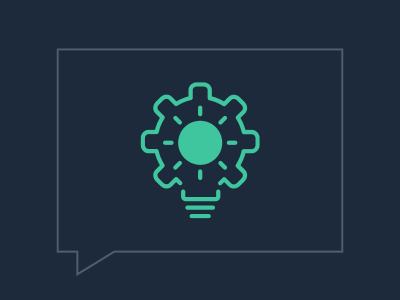
Anticipating needs with proactive customer service
Customers appreciate businesses who can anticipate their needs and offer solutions before problems come up. Being proactive means actively monitoring customer orders, predicting potential production challenges, and offering suitable add-ons and upgrades.
Making the most of data from CPQ or 3D product configurator tools, manufacturers can identify buying patterns that signal additional options such as product upgrades, or a recommendation for alternative materials that would improve performance. Proactive service is also important when selling through a dealer network and CPQ technology can play a big part in this. CPQ and guided selling tools enable dealers, to access accurate and up to date configuration options, and with the knowledge that all product configurations are accurate, dealers are able to sell confidently and proactively.
DriveWorks in action: saving time, improving customer experience
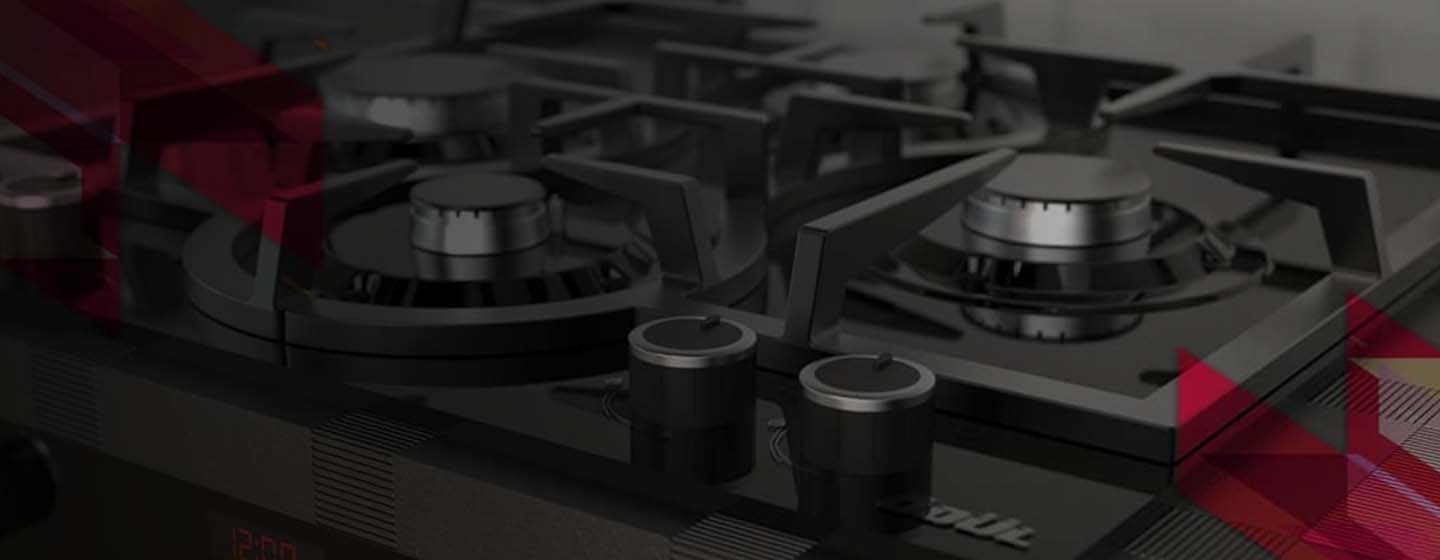
ÖDÜL MADENİ EŞYA, based in Turkey, has been a manufacturer of home appliances for more than 50 years, exporting to over 86 countries around the world. Ödül’s existing customer order process used a pre-designed excel spreadsheet to input the details of each order. This was prone to errors and relied on the sales team sharing files with appropriate teams individually.
Ödül chose DriveWorks Pro software to build an online product configurator for their internal sales team and customers to configure products accurately and efficiently. Using DriveWorks, Ödül collects all the required information from each individual specification, such as product details, delivery times, payment & delivery terms. Once collected, this information is automatically shared with Ödül’s ERP system.
“Our customers can configure products whenever and wherever they want, regardless of time, place, or device.” Murat Saçmaci – Chairman Ödül
Learn more about B2B sales
